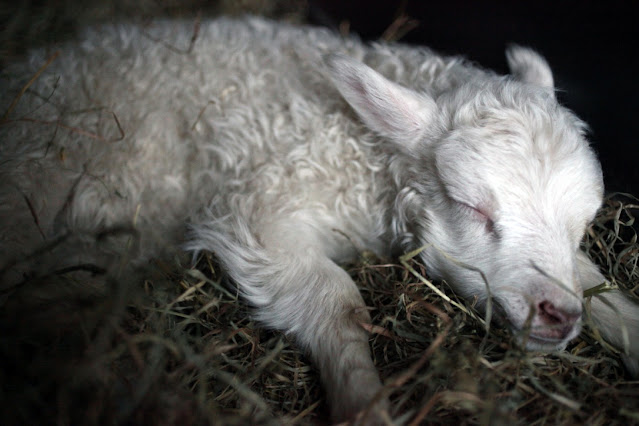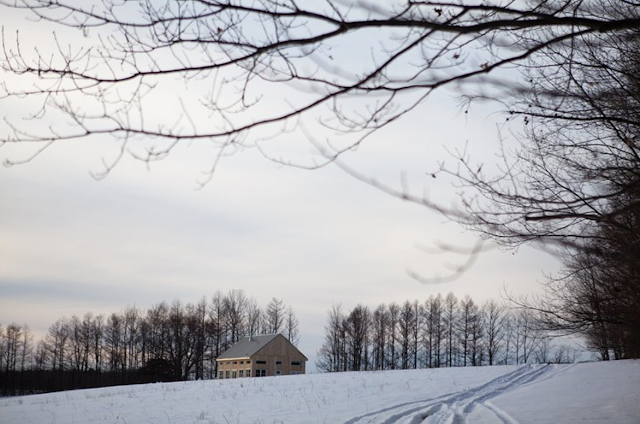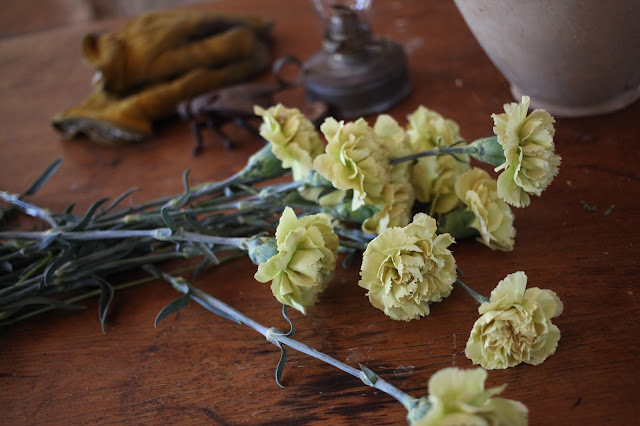AGING
As I experience the awe of aging I’m simultaneously receiving targeted ads in my feed for things like face yoga, keeping ‘ballet arms’ after 40, and weight loss apps. My recent favorite: ‘you’re not getting old you’re just not stretching enough.’ Hard not to agree! What bothers me is the new zeitgeist-y sentiment now circulating in wellness and beauty spaces to ‘embrace aging.’ My favorite example of this is Naomi Watts popping on IG to point at all the ‘benefits’ of menopause while selling her brand of skincare products developed specifically for aging women. One of the benefits is apparently ‘not giving a fuck’ (but apparently giving some fucks about looking beautiful according to a standard determined by Hollywood.)
And don’t get me started on Perimenopause which beauty and wellness companies have used to unlock an entirely new market share of products. Gwyneth Paltrow calls for a ‘re-branding’ of menopause and has developed a line of Goop products to help women navigate it.
We associate aging with shame, so for generations, women have shied away from openly discussing menopause. What I find unnerving about the sudden attention to aging women’s health issues in the media is twofold; one, it often leads to products, and two, the entanglement of beauty and aging contains an impossible paradox - how are we really to embrace aging when we simultaneously receive messaging about looking younger - or beyond that - that looks at all are imperative.
When I was a wee thing, not at all convinced aging would happen to me, I found myself on a magazine floral shoot with a lot of stylish editors. They ordered (and paid for!) lunch and we sat around on break to eat. I tried the best I could to keep my mouth shut because I say weird things which tend not to go over great in such settings. One of the editors talked about how she had a plan to cut herself ‘in half’ - she described wanting to look half her age, and halve her dress size. Over 15 years ago now, I still remember that weird fantasy. Why would anyone want to be half a woman?
My relationship to my body and to aging has shifted a lot on the farm. I remember expressing to a farmer friend once that the less I went to the city, the less I was concerned about my figure. Matter of factly she said; ‘on the farm, the important thing about bodies is that they work.’ I find myself in awe when I experience new physical limitations that I never assumed could never really happen to me. A knee that can’t be on hard surfaces anymore without searing pain. A tricky carpal tunnel in my ‘clipper wrist’ which rages sometimes at the squeezing out of the kitchen sponge. Money is layered into these experiences of aging in complicated ways - the price of physical therapy* for my angry shoulder is probably what a perusal around an anti-aging cosmetics counter would be. There are choices to be made!
INTELLIGENCE
A sentiment shared amongst farmers is that sheep are not ‘the smartest’ of barnyard animals. Of course, as a lover of sheep and all their idiosyncrasies, I am unsatisfied with their agricultural intellectual status. Instead I like to think that intelligence is different between species; non-comparable. When you watch sheep eat hay, or graze on summer pasture, you start to see how instantly selective they are between types of grass and forage. They can decipher differences you and I would never be able to analyze with just our senses. They also have horizontal pupils allowing them to peripherally see to almost 180 degrees behind them (it’s very difficult to sneak up on a sheep.) Those of us who have been moved by the seminal (though questionable) text The Secret Life of Plants (there’s also a great strange movie made from the book you can watch here) may remember the section on plant intelligence. It was my first introduction to the fundamental differences in the experience of time between the plant and animal world: we can run from danger, plants reaction time is infinitely slower. What if plant intelligence is just not comparable to animal intelligence. What if the intelligence of rocks is beyond our imagination?
I also see this intelligence differential at work in my immediate circle of friends and comrades. Things that are naturally occurring or obvious to me, elude others and vice versa. Some of my colleagues have patience and pacing skills that I could never learn. I think about this in my partnership with our farmer Mark. Our skillsets benefit this project immensely but occupy opposite ends of an undefineable spectrum. He is planning a stone wall around our kitchen garden that will happen in segments over the course of 2 years. I am planning dinner and the next Supernature disco.
Intelligent too are the minds that continue to sell us gasoline, wealth disparity and oppressive regimes disguised as wellness. Those people’s experience of time - and specifically the world they are leaving to their descendants - seems rather short sighted.
Lastly, how does the experience of marginalized people - the ever expanding spectrum that includes everyone outside of the standardized Eurocentric white cis male - represent a particular intelligence predicated on the act of learning to survive and thrive against the odds?
RETIREMENT COMMUNITY
With Susan and Pentti settling into their new house on the hill, and a certain ease that’s come over all of us, I’m reminded of the original sentiment or wish - that this would be the start of the Worlds End retirement community. A series of small houses that nestle around the hill for retirees who wish to be involved in a farm project, have skills to share with younger generations, and would prefer to have certain things taken care of for them - such as maintenance, occasionally meals, etc.
As I’ve thought about this I realize this is the community I want to live and work in right now - fortunately this retirement community has no age requirement. The only requirement is participation. Pentti, the oldest among us at 78 - and arguable the most likely to be…irritable and withdrawn? is a good litmus test for what it takes to participate. His burning desire to harvest wood from the forest and stockpile it for winter is insatiable, though he is sometimes thwarted by stumbles in the garage which tend to slow him down for a few weeks at a time. So it goes with aging, he’s cruising right now but when he’s back, I’ll ask him - did you ever think this would happen to you?
*Found an AMAZING PT in Hudson, NY if anyone is looking.









